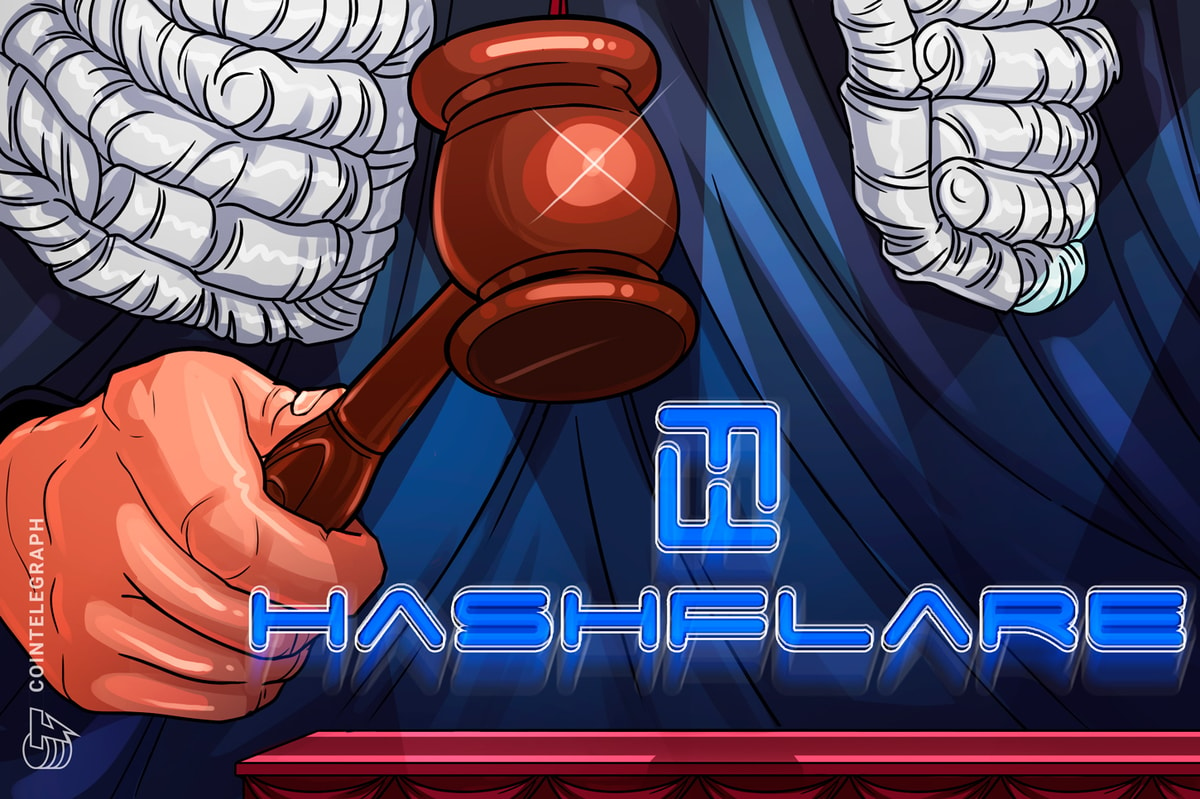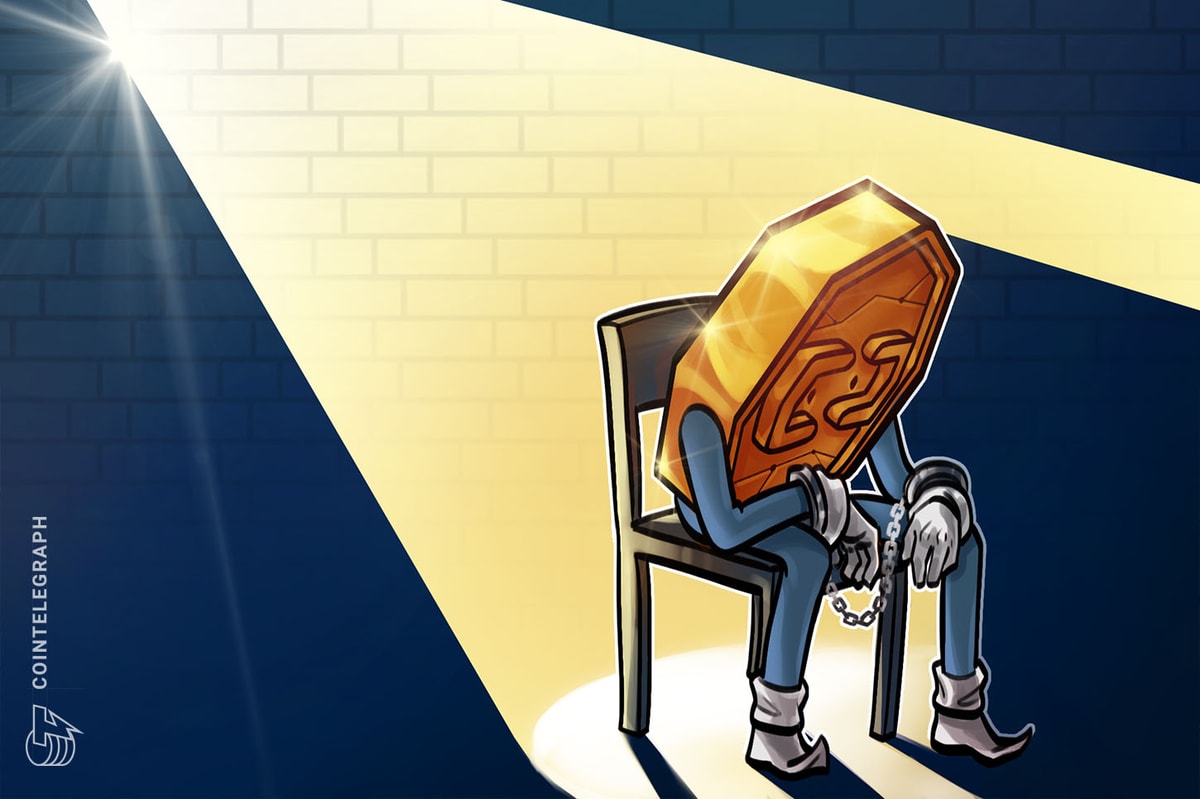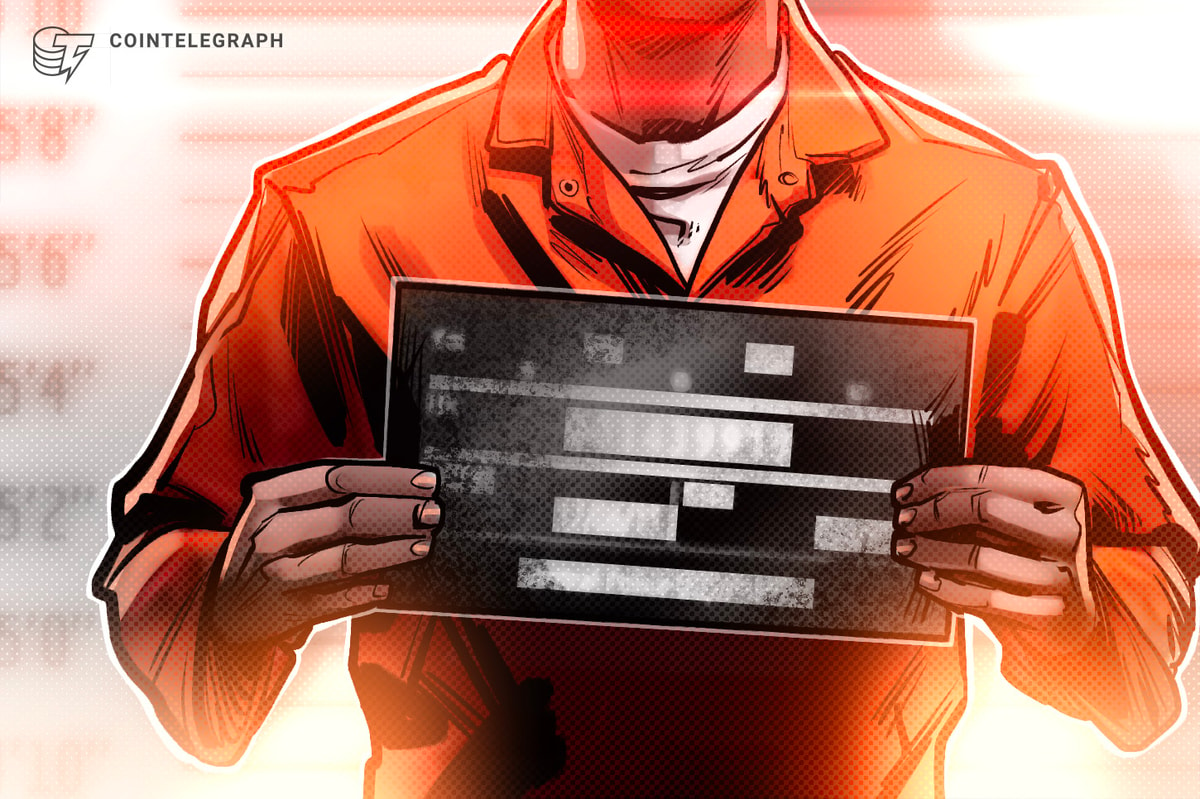The co-founders of crypto mining service HashFlare agreed to plead guilty to one count of conspiracy to commit wire fraud as part of a deal with US authorities.
In Feb. 12 hearings in the US District Court for the Western District of Washington, Sergei Potapenko and Ivan Turogin pleaded guilty to one felony count out of the 18 charges they had been facing from US prosecutors.
The Estonian nationals were responsible for running HashFlare, which defrauded users out of more than $550 million between 2015 and 2019, and raising $25 million from investors in 2017, claiming they would establish a digital bank called Polybius — but the company was never created.
Speaking to Cointelegraph after the hearings, Reed Smith partner and defense counsel Mark Bini said both defendants had “agreed to forfeit their interests in assets that the government froze in 2022” and to provide assistance “so that there will be zero financial harm to anyone.” According to the attorney, Potapenko, Turogin and HashFlare returned $350 million in crypto payments to users between 2015 and 2022.
HashFlare shuttered its operations in 2019. Estonian authorities arrested Potapenko and Turogin in 2022 as part of the 18-count indictment, and after legal challenges, they were extradited to the US in May 2024. Both have been free on bail since July 2024 but could face up to 20 years in prison each after May 8 sentencing hearings.
Related: Solo miner snags Bitcoin block reward worth $300K
The initial indictment stated that Potapenko and Turogin misled HashFlare users about its mining capabilities. The company allegedly mined at a rate of roughly 1% of what the co-founders claimed.
Turogin’s attorney, Norton Rose Fulbright partner Andrey Spektor, said the defense intended to show at sentencing that “no customer has suffered any harm.” According to the lawyer, HashFlare “mine[d] crypto, but not as much as it had promised.”
The Western District of Washington was the same jurisdiction in which former Binance CEO Changpeng Zhao pleaded guilty to one felony count as part of a settlement with US authorities. He served four months in prison in 2024 and has remained active in the crypto industry since his release.
Magazine: How crypto laws are changing across the world in 2025











